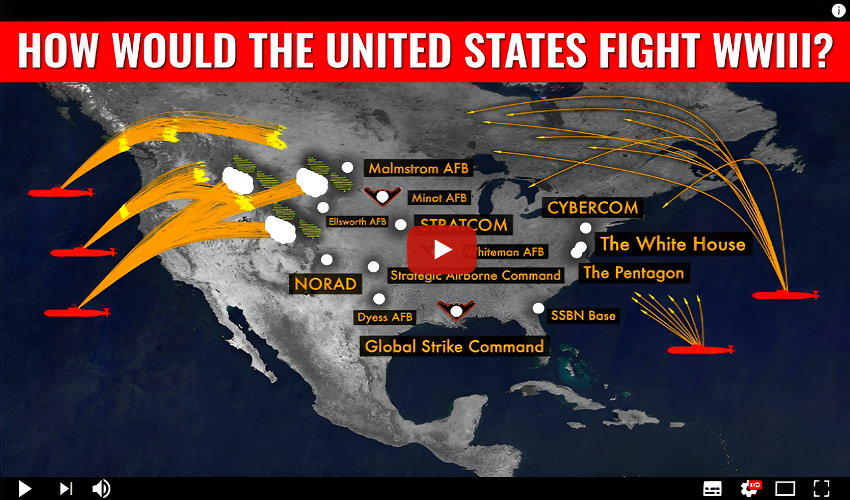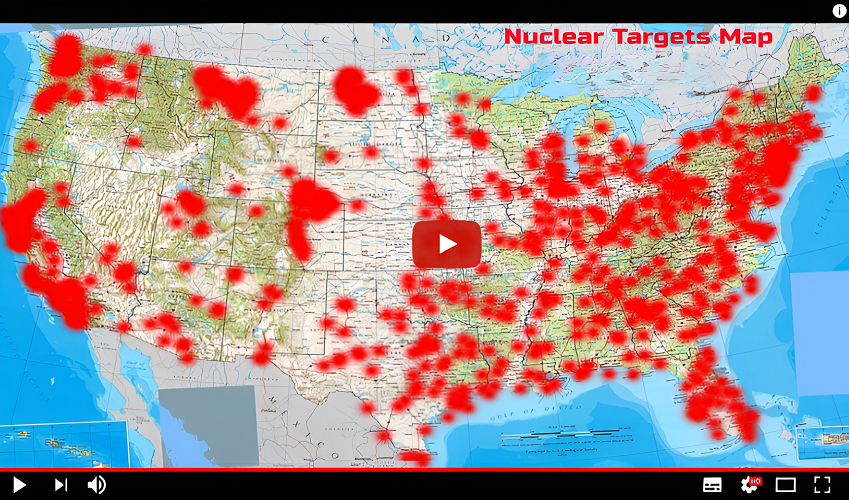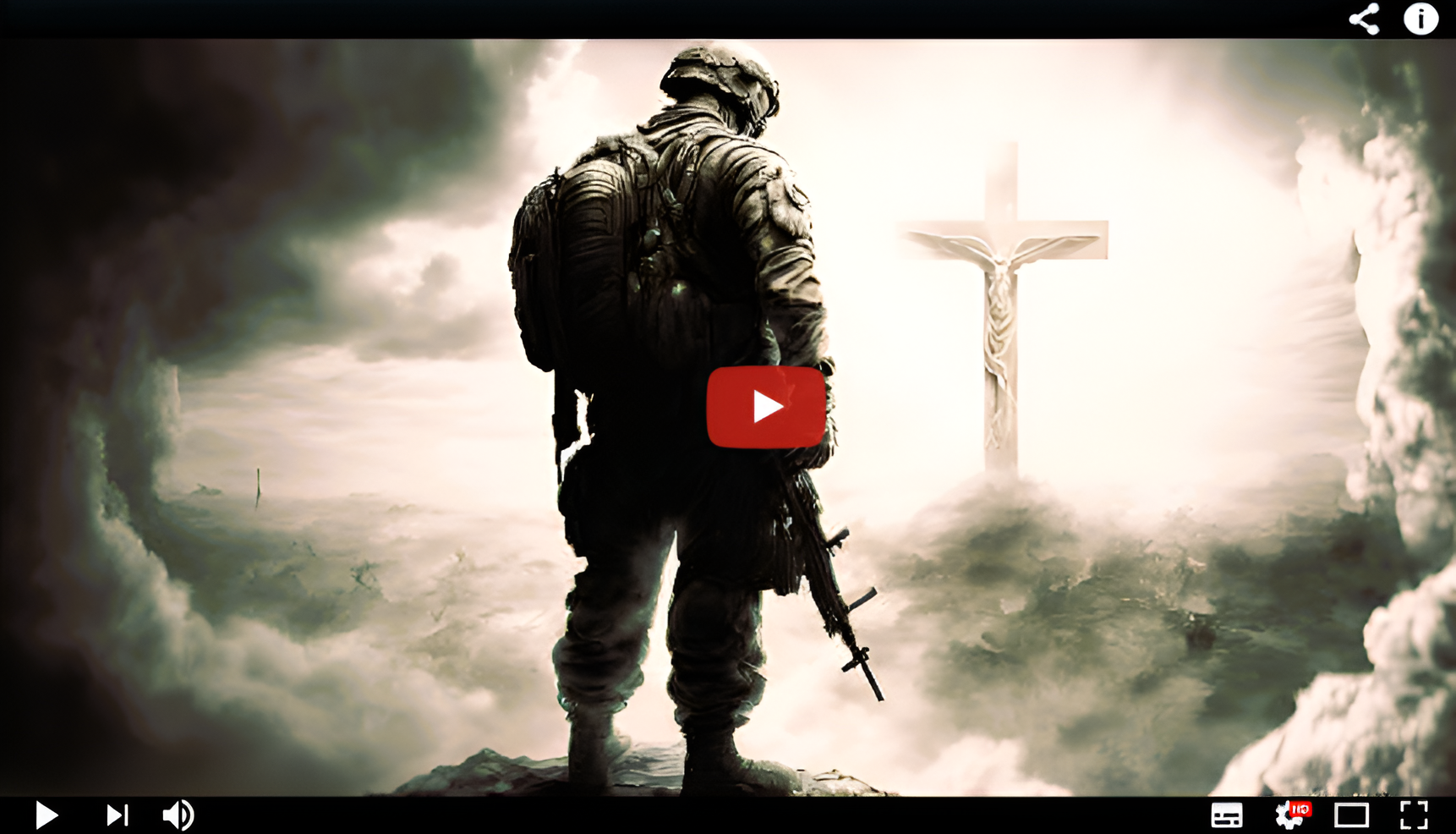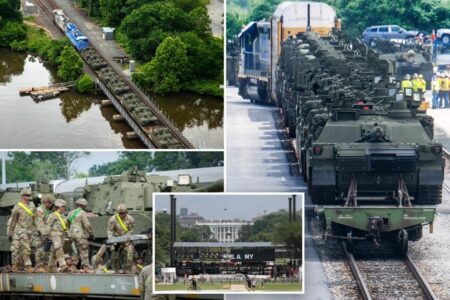Breaking News: Israel Eliminates Hamas President Ismail Haniyeh in Iran – World War III Watch On High Alert
Ready to uncover the truth? Sick of the lies? Join our Telegram Channel now. It’s time for the real story! My gratitude to all my readers!
In a shocking turn of events, Israel has killed Hamas President Ismail Haniyeh in an attack on his home in Iran, escalating Middle Eastern tensions and activating a World War III watch. Discover the dramatic details and global implications of this unprecedented strike.
Breaking News: Israel Strikes Hard, Hamas Leader Ismail Haniyeh Killed in Iran
In a dramatic and aggressive move that has sent shockwaves through the international community, Israel has executed a high-profile attack, resulting in the death of Ismail Haniyeh, the President of Hamas, at his residence in Iran. This unprecedented strike has not only escalated tensions in the Middle East but has also brought the world to the brink of a potential global conflict. The repercussions of this event are unfolding rapidly, with both allies and adversaries bracing for an overwhelming response.
A Calculated Strike: Israel’s Bold Move. The news of Ismail Haniyeh’s death came as a surprise to many, but to those closely monitoring Middle Eastern geopolitics, it was a culmination of mounting tensions. Israel’s decision to carry out an attack on Haniyeh in Iran highlights a strategic and bold approach, showcasing their intelligence capabilities and readiness to take decisive action against threats.
The decision to target Haniyeh in Iran is particularly significant. It demonstrates Israel’s willingness to cross borders and engage in direct action against what they perceive as existential threats. By targeting Haniyeh, Israel aimed to dismantle a crucial element of Hamas’s leadership, hoping to destabilize the organization from the top down.
The Man at the Center: Ismail Haniyeh. Ismail Haniyeh, a prominent figure within Hamas, has long been a thorn in Israel’s side. As the President of Hamas, Haniyeh was known for his staunch opposition to Israel and his involvement in planning and executing operations against Israeli targets. His leadership was instrumental in maintaining Hamas’s grip on Gaza and orchestrating the group’s broader strategies.
Haniyeh’s presence in Iran, a known supporter of Hamas, added another layer of complexity to the geopolitical dynamics. Iran’s backing of Hamas has always been a contentious issue, with Israel viewing it as a direct threat to its security. By eliminating Haniyeh in Iran, Israel not only struck at Hamas but also sent a clear message to Iran about its capabilities and resolve.
The Immediate Fallout: International Reactions. The killing of Ismail Haniyeh has elicited strong reactions from around the world. While Israel’s allies have shown support for the move, recognizing it as a necessary step to ensure security, many countries have condemned the attack, fearing it could lead to further instability.
United States: A Balancing Act. The United States, a close ally of Israel, has expressed cautious support. While recognizing Israel’s right to defend itself, the U.S. has also called for restraint, urging both sides to avoid further escalation. The U.S. is acutely aware of the fragile balance in the Middle East and the potential for this incident to spiral into a broader conflict.
Iran: A Call to Arms. Unsurprisingly, Iran has vehemently condemned the attack, labeling it an act of war. Iranian leaders have vowed to retaliate, promising a response that will make Israel regret its actions. This declaration has heightened fears of an all-out war in the region, with Iran likely to leverage its alliances with various militant groups to strike back.
The European Union has also condemned the attack, expressing concern over the potential for widespread violence. EU officials have called for an immediate ceasefire and urged all parties to engage in dialogue to prevent further bloodshed.
The Threat of Retaliation: What Comes Next?
With Iran and its allies promising retaliation, the world is on high alert. The specter of World War III looms large as nations brace for the fallout from this daring attack.
Possible Scenarios
- Direct Military Engagement: Iran may opt for a direct military response, targeting Israeli interests in the region. This could involve missile strikes, cyber-attacks, or other forms of direct confrontation.
- Proxy Warfare: Iran might use its network of proxy groups, including Hezbollah and various militias in Iraq and Syria, to launch coordinated attacks against Israeli targets.
- Global Terrorism: There’s also the risk of Iran and its allies escalating the situation by targeting Israeli and Western interests globally, potentially leading to a wave of terrorist attacks.
Israel’s Preparedness. Israel is no stranger to conflict and has likely prepared for various scenarios. The Israeli Defense Forces (IDF) are on high alert, with contingency plans in place to counter any form of retaliation. Israel’s Iron Dome defense system is expected to play a crucial role in intercepting any missile attacks, while its intelligence services will be on the lookout for potential terrorist threats.
The Role of Hamas: A Power Vacuum and Internal Strife
With Haniyeh’s death, Hamas faces a significant leadership crisis. The organization must quickly find a successor capable of uniting its factions and maintaining its operational capabilities.
Succession Struggles, Hamas’s leadership structure is complex, and the sudden loss of Haniyeh is likely to trigger internal power struggles. Potential successors will need to navigate a delicate balance, ensuring the organization remains cohesive while continuing to pursue its objectives.
Operational Impact. In the short term, Haniyeh’s death may disrupt Hamas’s operations, but the group has proven resilient in the past. It is likely to regroup and continue its activities, albeit with a possible shift in tactics and strategies.
The Broader Implications: Middle Eastern Geopolitics at a Crossroads
The ramifications of this event extend beyond Israel and Hamas. The Middle East, already a volatile region, now faces even greater uncertainty.
Shifting Alliances. Countries in the region will need to reassess their alliances and strategies. Some may choose to bolster their support for Israel, while others might strengthen their ties with Iran and its allies. This shifting landscape could lead to new coalitions and alter the balance of power.
The Risk of Regional Conflict. The risk of a broader regional conflict has never been higher. Neighboring countries like Lebanon, Syria, and Jordan may find themselves drawn into the fray, either through direct involvement or by being used as staging grounds for attacks.
The Role of Superpowers. Global superpowers, including the United States, Russia, and China, will play critical roles in how this situation unfolds. Their responses and interventions could either help de-escalate tensions or exacerbate the conflict.
In the face of such a volatile situation, the international community must prioritize diplomacy. The potential for catastrophic consequences is too great to ignore.
Agenda 2030 – The Spiritual War:
Diplomatic Efforts. Efforts must be made to bring all parties to the negotiating table. This will require skilled diplomacy, patience, and a willingness to compromise. The United Nations, along with other international bodies, should take the lead in facilitating dialogue.
Preventing Escalation. Immediate steps should be taken to prevent further escalation. This includes establishing ceasefires, opening humanitarian corridors, and ensuring that all sides adhere to international laws and norms.
Long-Term Solutions. While addressing the immediate crisis is crucial, long-term solutions must also be sought. This involves tackling the root causes of the conflict, promoting economic development, and fostering mutual understanding and respect.
Conclusion: The World Watches and Waits
As the world watches the unfolding drama, the stakes could not be higher. The death of Ismail Haniyeh marks a significant turning point in the Israeli-Palestinian conflict, with far-reaching implications for global peace and stability.
The international community stands at a crossroads. The decisions made in the coming days and weeks will determine whether the world plunges into chaos or steps back from the brink. It is a moment that calls for wisdom, courage, and a commitment to peace.








![PUTIN: JOHN PODESTA WANTED ‘DEAD OR ALIVE’ AFTER RUSSIAN RAID SEIZES 11,000 VIALS OF PURE ADRENOCHROME AT DAVOS [VIDEO]](https://amg-news.com/wp-content/uploads/2025/06/PUTIN-JOHN-PODESTA-WANTED-‘DEAD-OR-ALIVE-450x256.png)

![HIGH ALERT – URBAN COMBAT ZONE DECLARED! TRUMP ORDERS FULL FORCE: 700 MARINES + 4,000 NATIONAL GUARD TROOPS NOW ACTIVE IN LOS ANGELES — COUNTER-INSURGENCY IN MOTION [VIDEO]](https://amg-news.com/wp-content/uploads/2025/06/TRUMP-ORDERS-FULL-FORCE-450x247.png)


2 Comments
There is no such thing as a nuclear bomb. Napalm bombs were dropped on Hiroshima and Nagasaki. All the massive buildings remained undamaged. Then the Khazarian gang used napalm bombs in Vietnam. We live in a world of lies. Radiation is not dangerous at all. Listen to the lectures of nuclear physicist Galen Winsor on YouTube.
Daily Reminder: there will be no WW3, only the Nuclear Scare!!!!